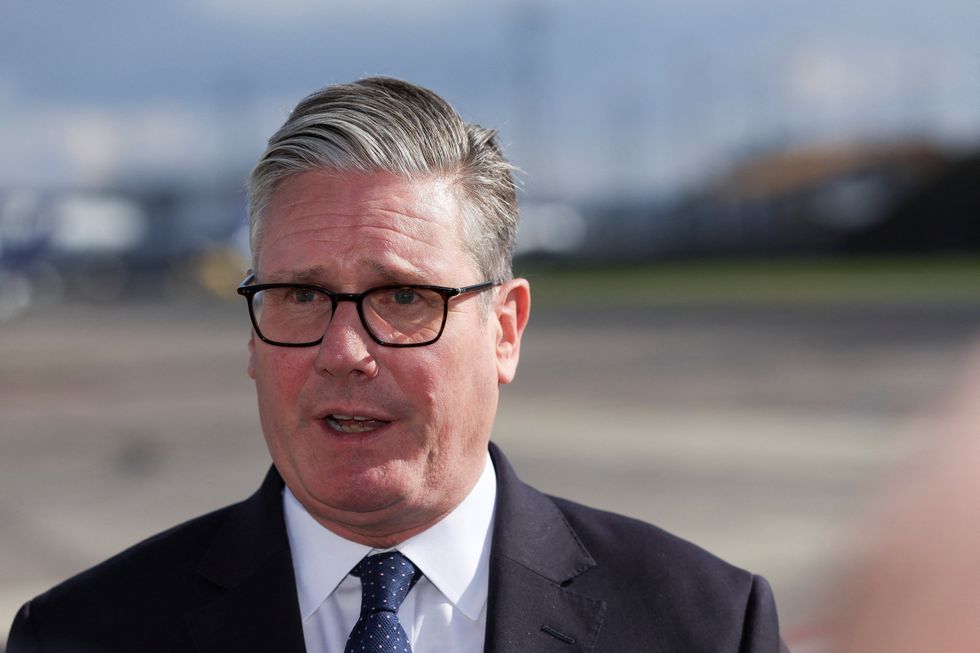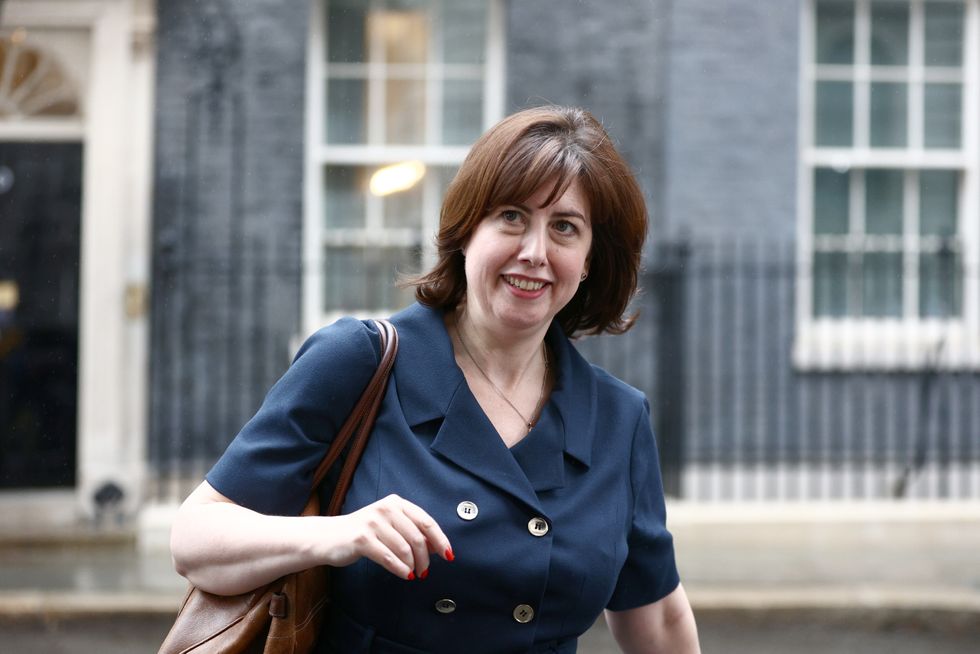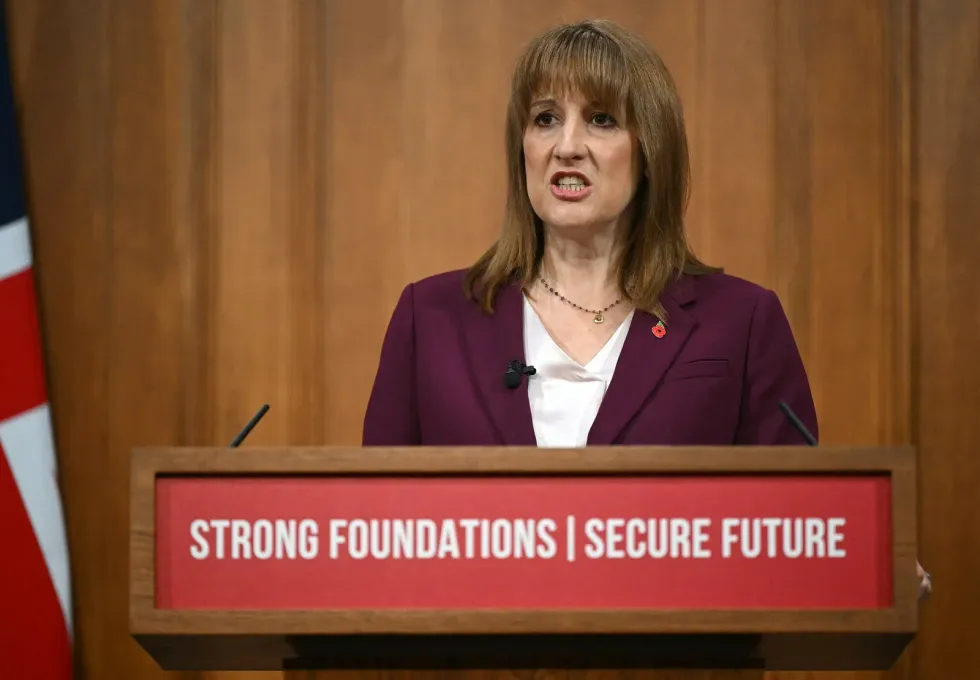Labour parliamentarians are discussing potential mechanisms to remove Sir Keir Starmer from his position as Prime Minister, according to insiders.
Sources indicate newly elected MPs are amongst those allegedly considering the logistics of mounting a leadership challenge.
The reported discussions come as the party grapples with concerning polling figures and growing unease about potential breaches of election commitments. Particular anxiety centres on speculation that the Government might abandon its manifesto pledge regarding taxation.
Labour had promised voters it would not increase income tax, yet reports suggest this commitment may be under threat.

The timing of these alleged discussions coincides with multiple challenges facing the Prime Minister following his return from the COP30 climate summit in Brazil.
Four MPs who had their parliamentary whip withdrawn in July have been reinstated to the Labour fold. Neil Duncan-Jordan, Chris Hinchliff, Brian Leishman and Rachael Maskell were suspended after spearheading opposition to the Government’s welfare reform proposals.
LATEST DEVELOPMENTS
- Labour MPs call on Shabana Mahmood to soften ‘undeniably racist’ migration plans
- Keir Starmer urged to ‘bulldoze through’ rival leaders after Labour projected to lose next election
- Sadiq Khan’s road charges risk ‘backfiring’ as drivers ‘penalised’ after buying electric cars
The quartet were welcomed back following negotiations with chief whip Jonathan Reynolds on Friday. Their rebellion had attracted support from over 100 Labour MPs who threatened to obstruct ministerial welfare changes, citing concerns about potential harm to disability benefit claimants.
Ms Maskell, representing York Central, said she was “Labour to the core and will always stand up for Labour values”. She expressed gratitude for the restoration, stating: “I am grateful that the whip has rightfully been restored and want to especially thank all those who have been so kind to me over the last few months.”

An investigation has determined that Culture Secretary Lisa Nandy “unknowingly” violated governance regulations concerning public appointments. The breach involved her failure to disclose £2,900 in donations received from her chosen candidate to lead the new football regulator.
Ms Nandy has issued an apology following the probe’s findings. The Conservatives have demanded that Sir Keir face additional examination by the Government’s ethics adviser, as he has also accepted donations from David Kogan.
Meanwhile, Deputy Prime Minister and Justice Secretary David Lammy has attracted criticism over his response to an incident at HMP Wandsworth. A 24-year-old Algerian sex offender, Brahim Kaddour-Cherif, was mistakenly released from the south west London prison before being returned on Friday.
Mr Lammy faced condemnation for choosing not to acknowledge the error during Prime Minister’s Questions, despite having received briefings about the incident beforehand.
Lucy Powell, recently elected as Labour’s deputy leader, has cautioned against implementing tax increases in the forthcoming Budget. Her warning comes amid speculation that Chancellor Rachel Reeves is considering raising income tax.
Ms Powell emphasised that abandoning Labour’s manifesto commitment to maintain current levels of income tax, national insurance and VAT could undermine “trust in politics”.
The party had explicitly pledged not to increase these taxes during the election campaign.
Reports suggest Ms Reeves is contemplating restrictions on tax-free pension contributions ahead of the November 26 Budget.

According to The Times, the Chancellor is planning to introduce a £2,000 annual limit on salary sacrifice arrangements for pension contributions before national insurance becomes payable.
The November 26 Budget has become a focal point for mounting speculation about potential manifesto breaches, with reports suggesting the Chancellor is considering various revenue-raising measures. These discussions have intensified concerns amongst Labour MPs about the Government’s commitment to its election pledges.
The combination of alleged coup discussions, ministerial controversies, and fiscal policy uncertainty presents significant challenges for the Prime Minister. His return from Brazil coincides with multiple crises requiring immediate attention.
The reinstatement of rebellious MPs, whilst potentially easing parliamentary management, occurs against a backdrop of reported discontent within the parliamentary party.
The convergence of poor polling data, governance breaches, and Budget speculation has created what some describe as the most challenging period since Labour’s election victory.
Our Standards: The GB News Editorial Charter







Follow